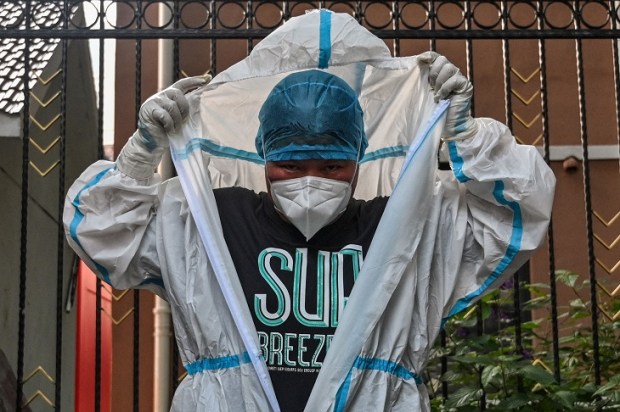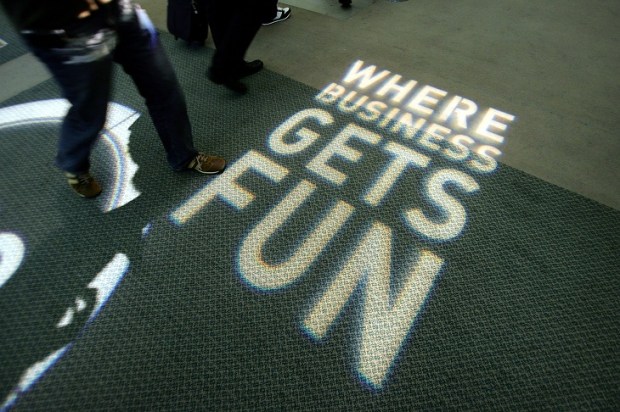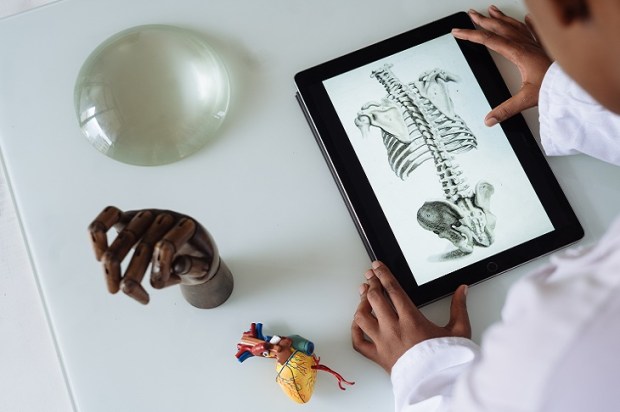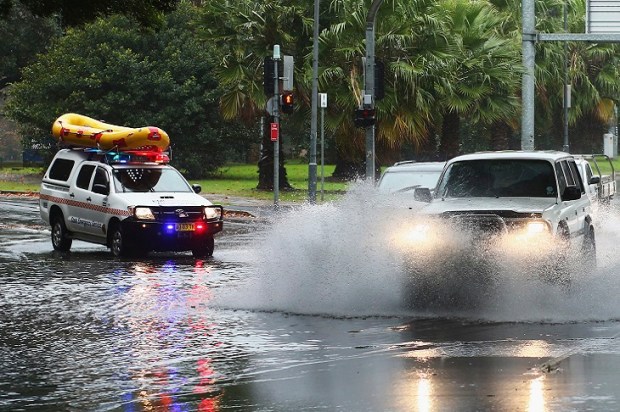Last week I had a medical student shadowing me when we were called to the Emergency Department for a critically unwell man. He had collapsed and was brought in by the ambulance service in a bad way.
The chaos of a full-blown resus (resuscitation) is striking. His brain is deprived of oxygen and he’s flailing as the three ambulance officers try to transfer him to a bed. There are five nurses helping. Three other doctors and I start assessing the patient, whilst several wardies stand by in case they are needed.
He has ruptured his aorta. With a blood vessel this large disrupted, his heart is pumping blood into empty space, rather than to his brain. It is usually fatal, especially outside of a tertiary hospital.
The noise in resus can be deafening, but you don’t notice it. People talking across each other, dozens of alarms sounding, calls being made to intensive care, to radiology, to surgeons, and to a cardiothoracic centre. Everyone does their role (and does it well).
He goes into cardiac arrest and chest compressions start. One doctor intubates whilst another performs a pericardiocentesis (removing blood with a needle from around the heart). All the while the wardies are performing chest compressions, which means his body convulses with each compression.
I gesture to the medical student to come and join me, but she shakes her head and stands away.
It doesn’t take long for the team leader to decide to stop our efforts – interventions are futile and we know the man won’t survive. There is no dissent and so we cease and go our separate ways. I return to previous jobs, typified by their banality, helping junior doctors place cannulas, or writing paperwork.
This aspect of the job I find the hardest, not the stress of a critical situation, but the sudden change in pace that happens at the end. Like skipping down too many gears in a car there is a jolt, this time an emotional one, and for the next hour I find myself being more emotionally labile than normal.
In these times, the rest of life feels trivial by comparison, and it jars. The presentations of most patients are uninteresting: most people coming to the Emergency Department are either elderly with chronic conditions; trapped in the cycle of being in and out of hospital for meaningless adjustments to their dozens of medications; or people with minor ailments that require simple solutions before they’re sent home. For the period after a resus it can be hard to engage on an emotional level with these presentations.
I subsequently found out that the medical student had left in tears and was quite traumatised by the experience. I struggle to engage with her. It’s especially difficult with female students as I would rather appear uncaring than risk overstepping a boundary of physical contact to comfort someone, even a hand on the shoulder. So I sit at a distance and talk to her.
Times such as these make me wonder the extent to which we get numbed to tragedy through traumatic experiences in our lives. The repeated exposure to blood, death, and comparatively high-stakes decisions feels like it takes a toll. This is a toll that manifests in different ways. Firstly, in terms of detachment from the needs of people with other concerns which – although important to them – are trivial by comparison. Secondly, repeated exposure can make us numb to even some of the more graphic presentations.
Yet also, perhaps there is a third effect here, in terms of resilience. Just as with the medical student, the first time we encounter a stressful situation, we can be overwhelmed. Yet the more we are exposed to something, the more resilient we become. We see this in so many domains, where adversity and challenges do not break humanity, but make us stronger, both as groups and as individuals.
Expression of this thought is something which has recently become very unfashionable. I am sure the medical profession is not the only one which is now bombarded with emails from HR about safe work week, or making the hospital a safe space. I have come to loathe the imprecations to staff and students about the importance of safety – not because we should disregard the principle, but rather because it should not be given such a disproportionate amount of emphasis.
By focusing so much on safety, we forget and fail to appreciate what incremental exposure to risk can do for us. The point is made by Malcolm Gladwell, by Jordan Peterson, and – most of all – by Jonathan Haidt, the latter of whom describes humans specifically as ‘anti-fragile’. We are improved by the right level of stress and risk. It is because of these experiences that senior critical care doctors and nurses are able to stand amidst carnage and chaos, and make split-second decisions about patient management. It is also why they can conduct the chaos around them and direct other people’s roles in a meaningful way. It can only be taught by incremental exposure to such situations, to acclimatise someone to a hostile environment.
Not only this, but slogans like the ones from HR miss the point. Here’s a shocking revelation: The Emergency Department is not a safe space, neither is the hospital. People become seriously unwell, many people die; family members are emotional and sometimes lash out. Many patients have taken drugs and are aggressive. It is not safe, either physically or psychologically.
Yet this is not necessarily an unmitigatedly bad thing. From these experiences we do gain a deeper understanding for humanity in all its strengths and weaknesses. The dizzying roll and pitch of the human experience: terrible deeds, tremendous sacrifice, and stoic bravery, we see them all. The question is, how do we channel this into a positive, rather than into something which numbs us. For that, I do not have an answer, but suspect it will have a lot to do with community, friendship, and self-reflection. In the meantime, I can only recommend caution about safetyism.

























